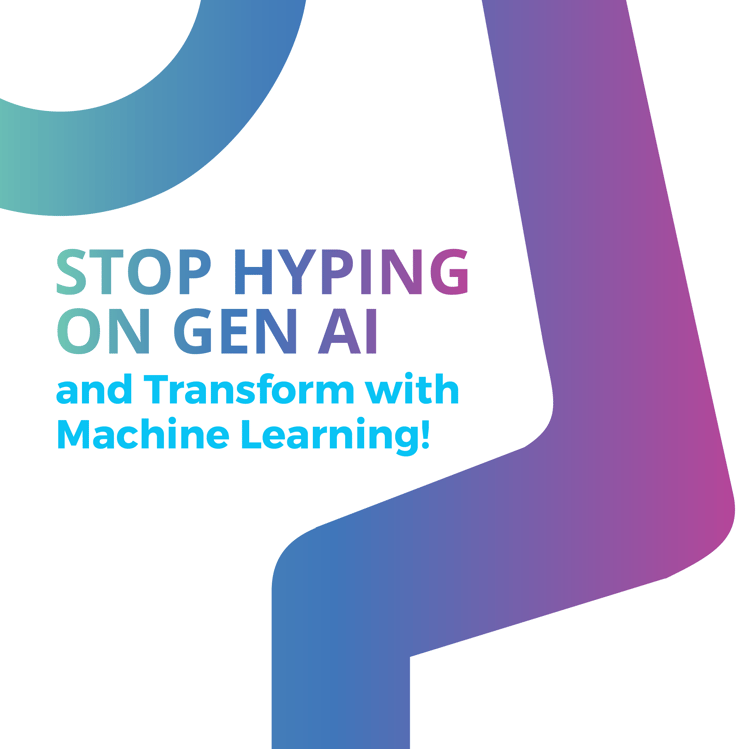
Generative AI (NLP) and machine vision have recently made significant progress. However, the fundamental shift in the digital transformation of CPG sales will be achieved by Machine Learning. Its capabilities will effectively address key barriers to sales digitalization and unleash the unlimited potential of AI transformation.
Due to the hype surrounding Generative AI (Natural Language Processing - NLP), we have encountered misunderstandings among our clients regarding AI techniques and their intended applications.
Generative AI (NLP) refers to deep-learning models that process raw data and “learn” to generate statistically probable outputs when prompted. Consequently, it has the ability to create new content and data. On the other hand, Machine Learning (ML) is designed to address specific tasks using predefined rules. It utilizes statistical methods to enable machines to learn from data, identify patterns, make predictions, and enhance their performance over time.
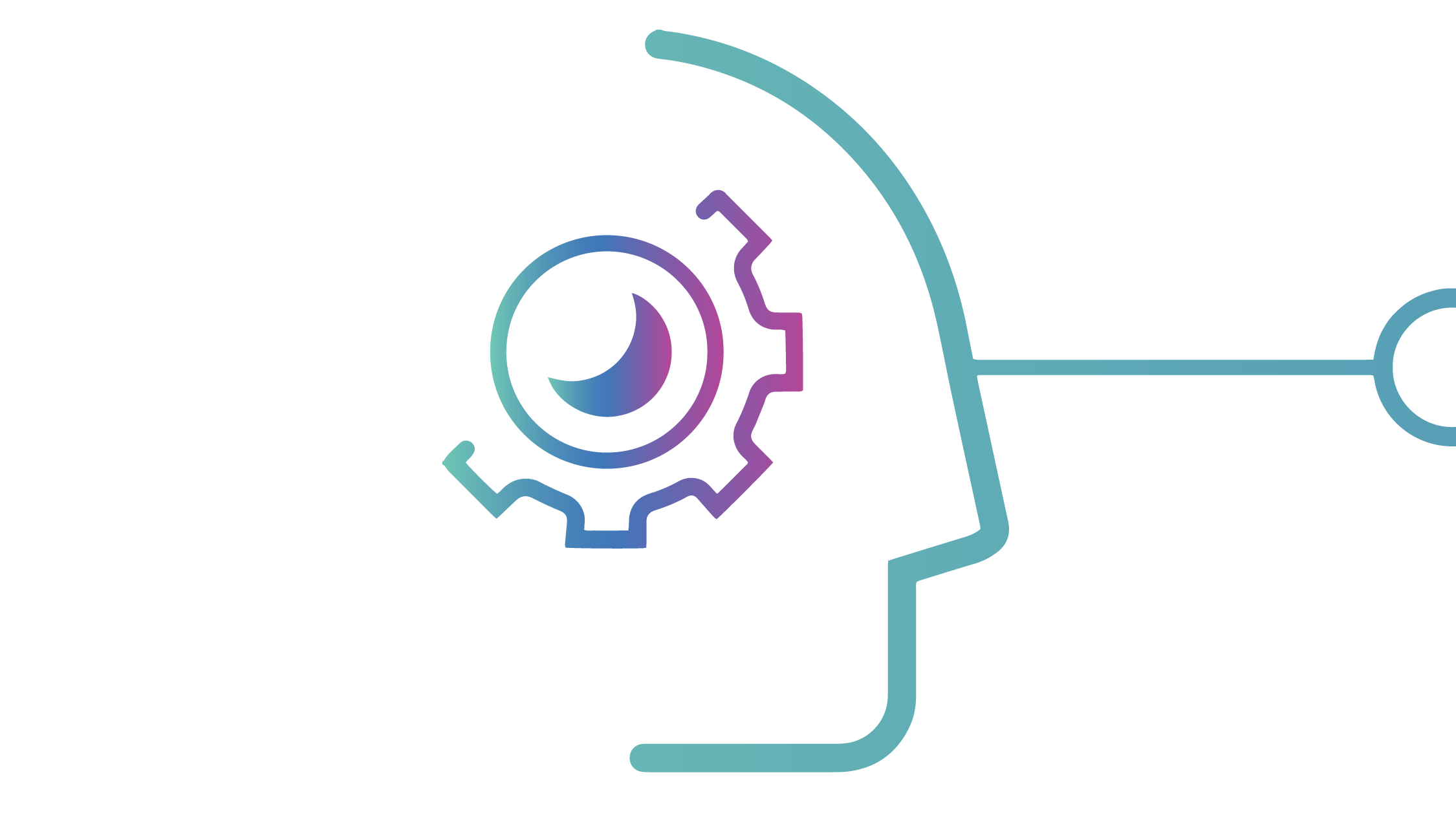
The comprehensive sales challenges faced by every CPG company, including issues with data quality, execution excellence, process connectivity, and promo effectiveness, can be effectively addressed through ML techniques.
1. Data Quality
AI capabilities in handling data are limitless, ranging from process automation to data synthesizing and augmentation. ML can automate data quality processes, detecting and correcting errors during the cleansing stage, mapping and merging data from different sources at the integration stage, and augmenting, synthesizing, and enhancing data. Additionally, ML can utilize rules and logic to verify and evaluate data quality and consistency during the validation stage.
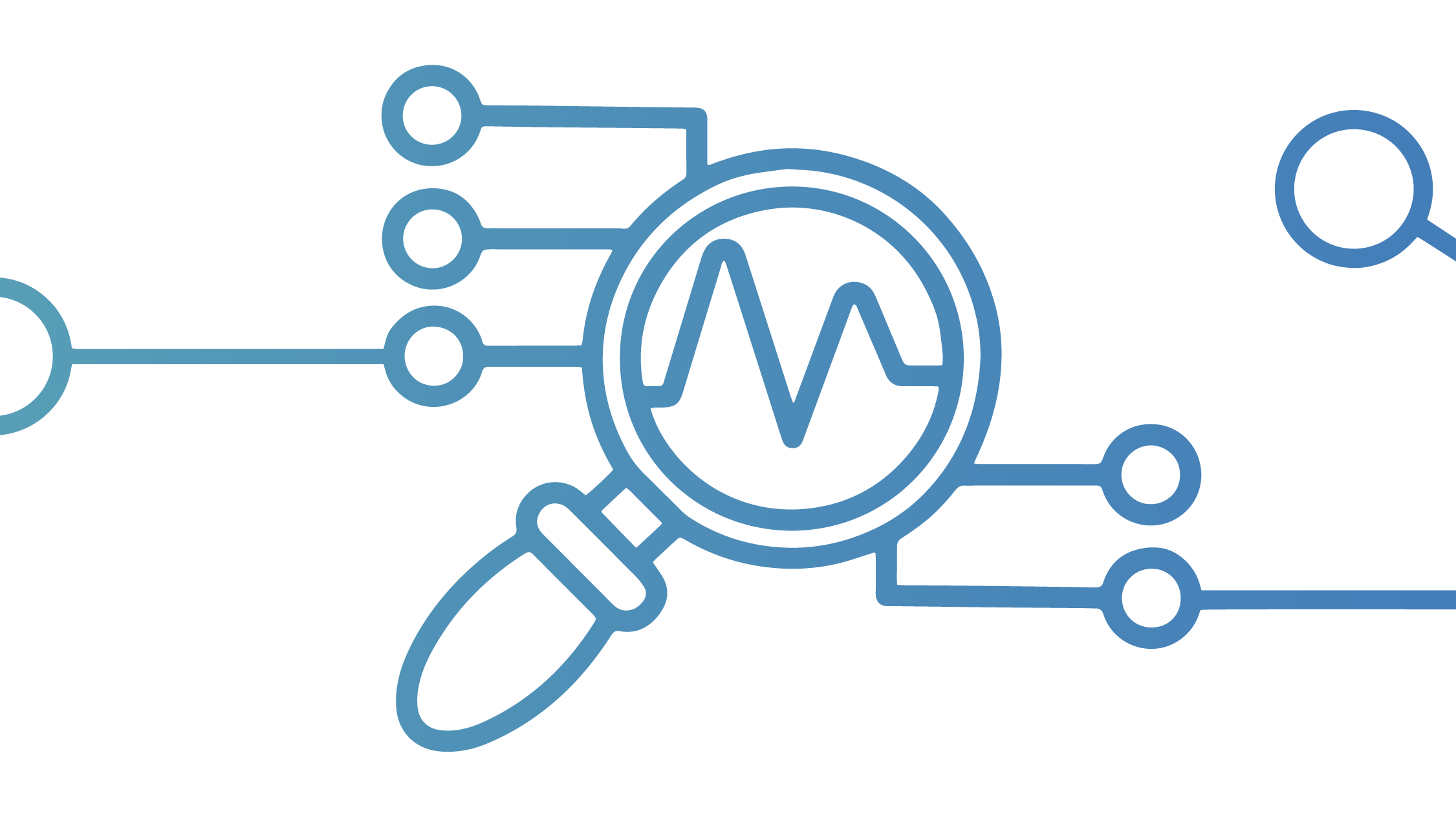
2. Retail Execution
ML techniques, including benchmarking and clustering, play a pivotal role in providing valuable insights for identifying untapped opportunities, determining effective actions, and guiding sales teams towards the most impactful decisions. The incorporation of anomaly detection through ML not only saves considerable time previously spent on analysis and manual administration for supervisors but also furnishes real-time actionable data for implementing corrective actions.
The application of AI to address business challenges is virtually boundless. Nearly every aspect of Retail Execution tasks can be transformed through AI techniques. Take, for instance, the crucial role of skills in determining execution quality. An ML model can establish connections between skills and key performance indicators (KPIs), subsequently defining virtual coaching strategies for sales representatives. This innovative approach enhances the precision and efficiency of Retail Execution processes.
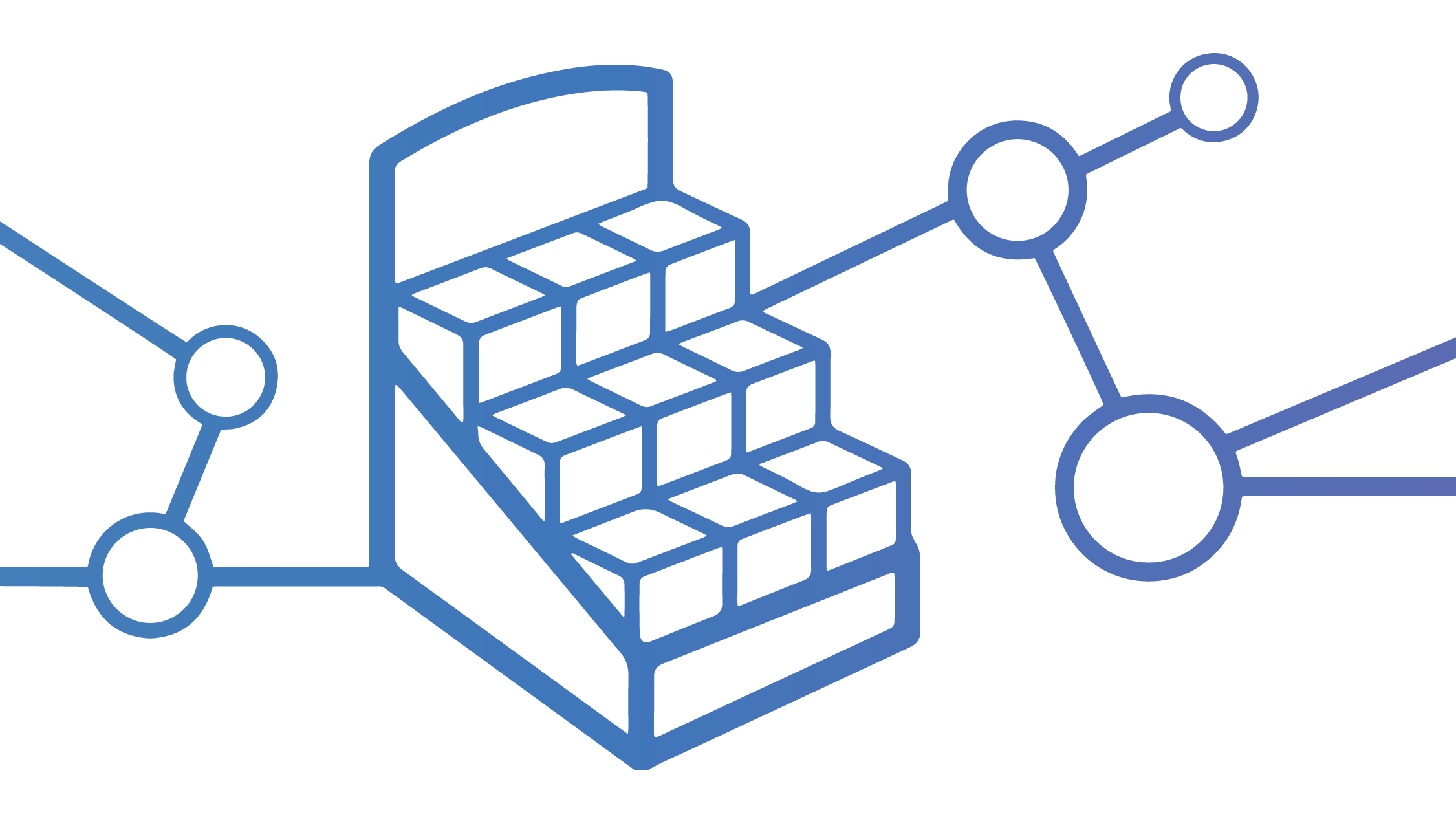
3. Process Connectivity
ML techniques, leveraging their capacity to effectively harness vast datasets, facilitate the seamless integration of forecasting and execution, strategies, tactics, inflight monitoring, and timely corrective actions. The significance of ML-powered store-level forecasting cannot be overstated, primarily owing to its unparalleled accuracy. This advanced approach involves analyzing historical data, identifying intricate patterns, and making precise predictions about future events or trends. In stark contrast to traditional forecasting methods dependent on static predefined rules or mathematical models, ML-based forecasting empowers systems to autonomously learn and adapt from data, obviating the need for explicit programming. This not only enhances the efficiency of forecasting but also ensures a more adaptive and responsive approach to dynamic business environments.
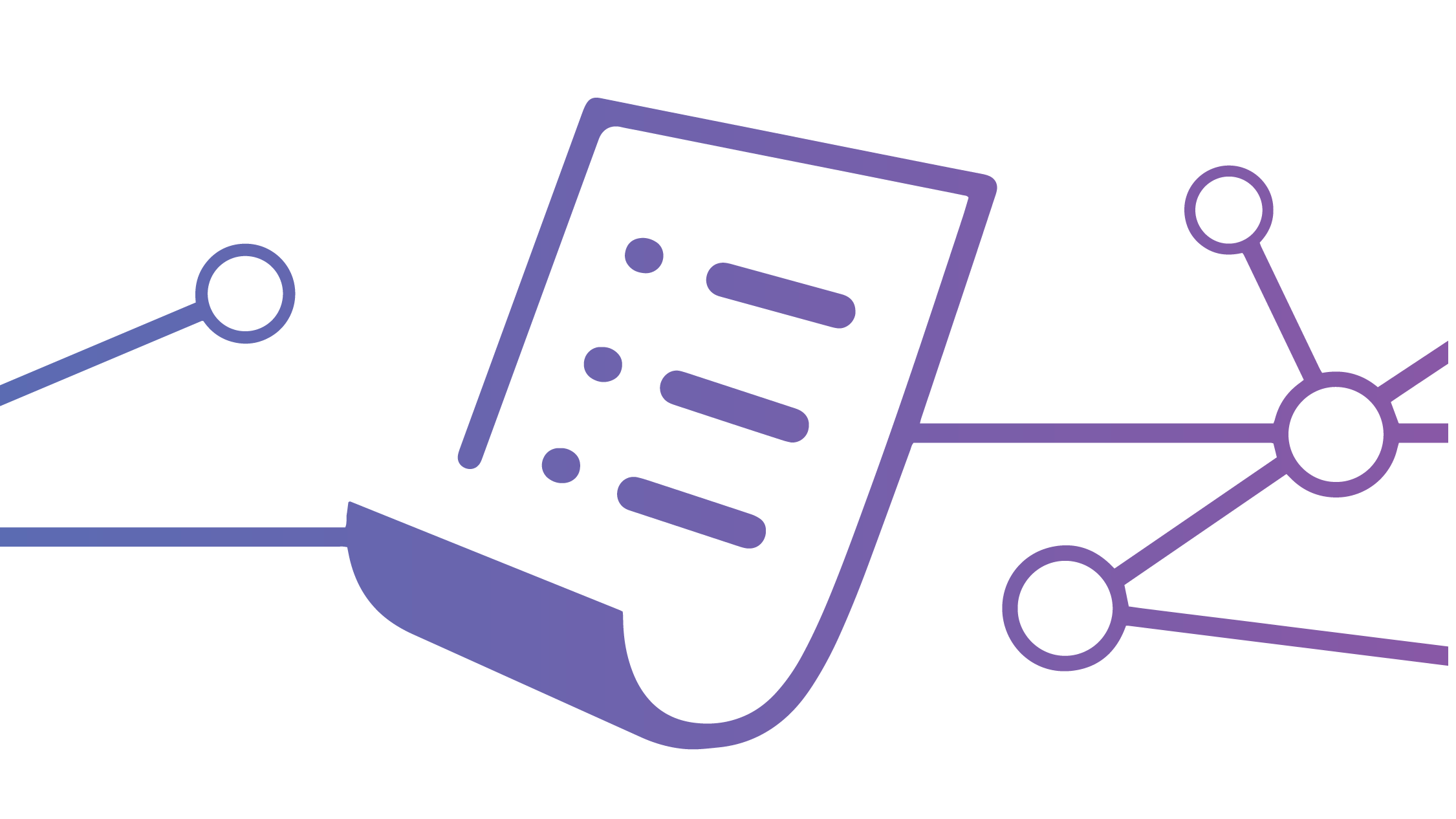
4. Promotions
Machine Learning will substantially enhance the return on investment (ROI) of your promotional budget through several key features. These include the automated calculation of uplift for every store-level promotion, and a library of promotion mechanics classified by their historical impact on sales, revenue, or margin. Additionally, the system provides real-time promotional recommendations, ongoing monitoring of promotions in progress, and actionable insights. This integrated approach ensures timely corrective actions and, ultimately, a more effective utilization of your promotional budget.
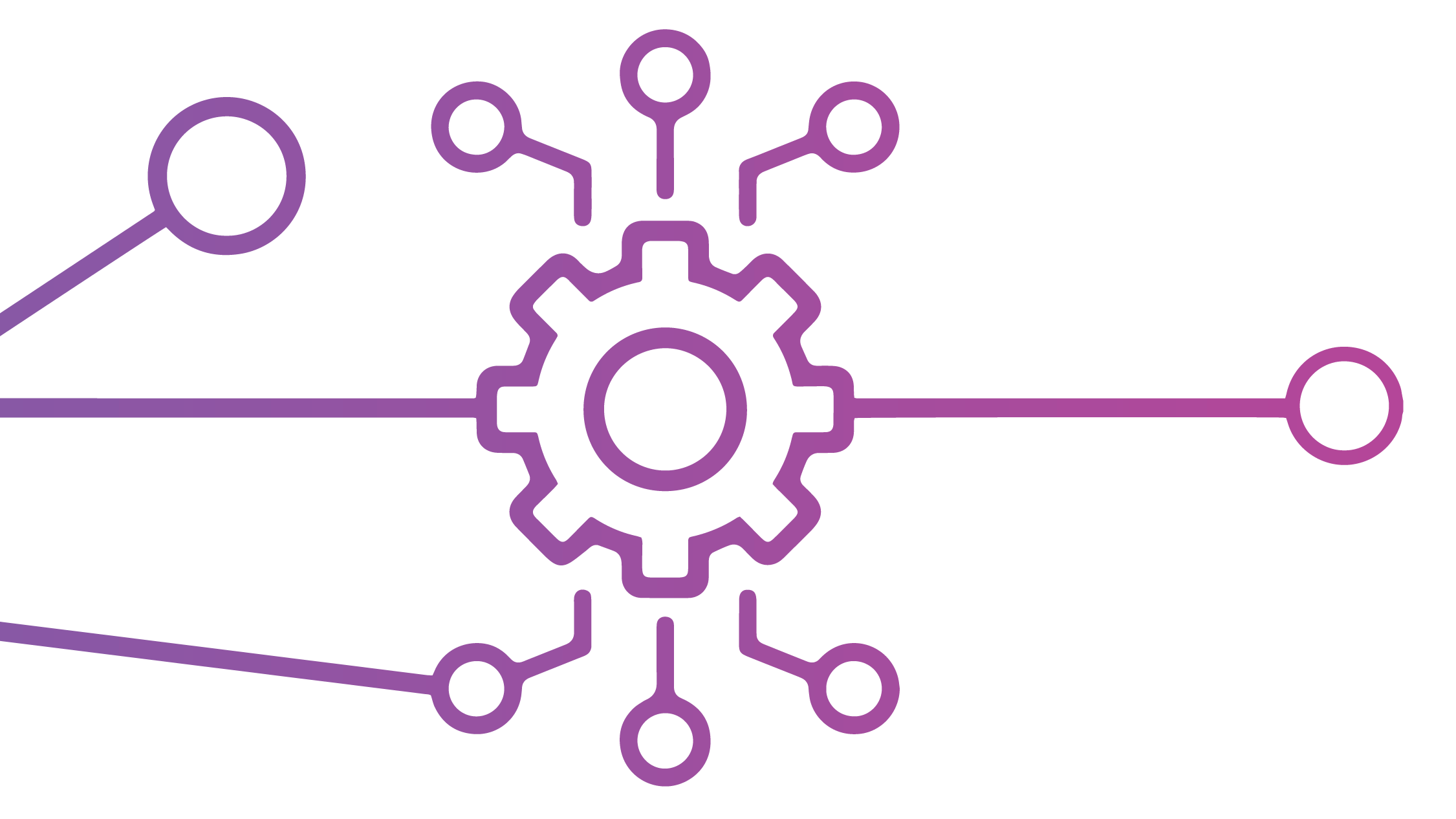
Machine learning is the key to achieving a fundamental shift in the digital transformation of CPG sales. Its capabilities address data quality, execution excellence, process connectivity, and promo effectiveness. ML automates data quality processes, provides valuable insights for retail execution, facilitates seamless integration of forecasting and execution, and enhances the ROI of promotional budgets.
The crucial point we aim to convey is that these models transcend the realm of mere conceptualization or the precarious phase of experimentation; they are already in active use and have been successfully deployed. Moreover, these models seamlessly integrate with your existing CRM or Sales Force Automation (SFA) software. This means that your strategic move into the AI revolution can be realized within a matter of months through COACHAI, a comprehensive AI product tailored for Retail Execution.
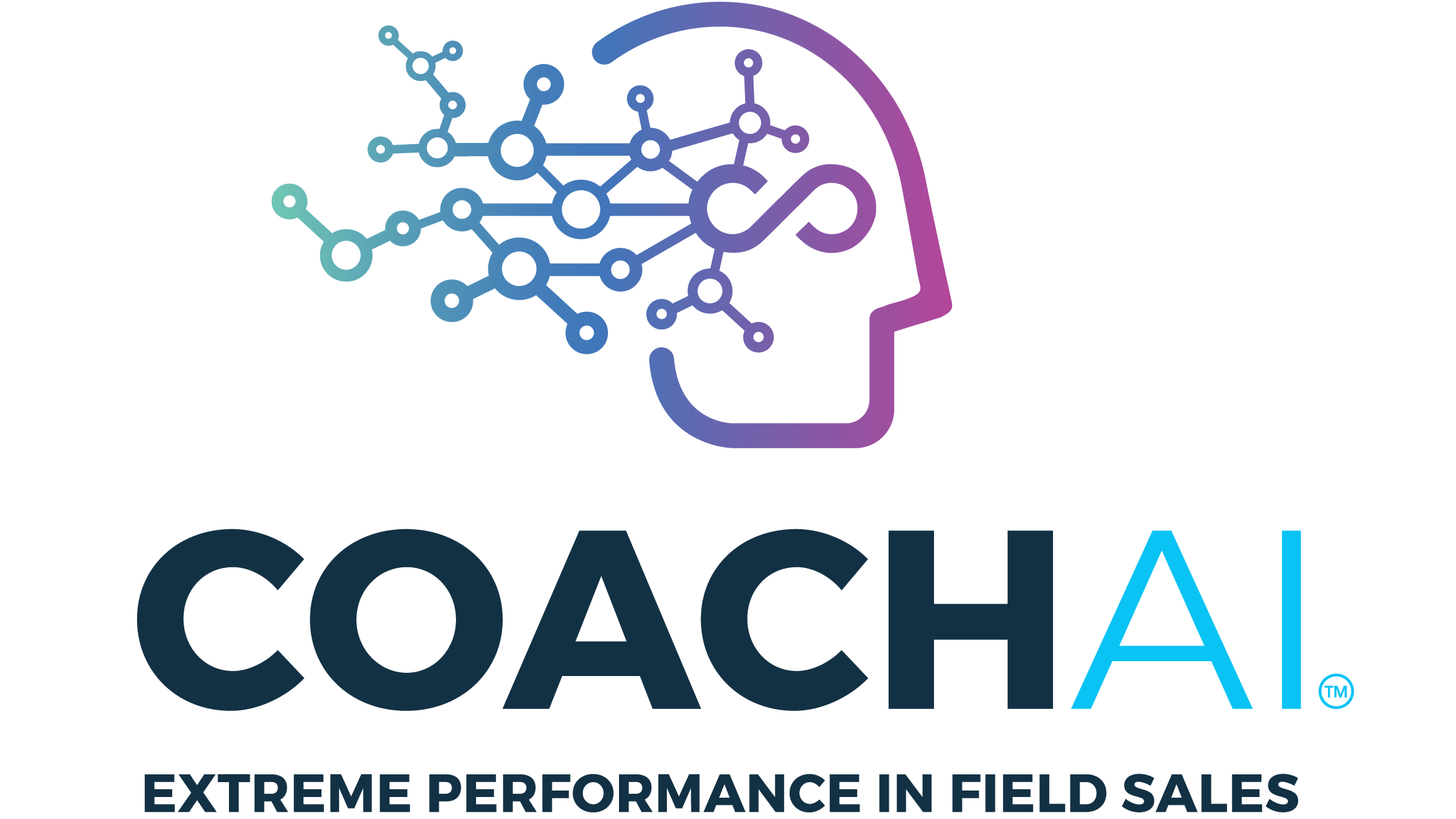
Let us show you how AI is optimizing operations, increasing sales, and delivering strong returns on investment through Machine Learning. Schedual a demo or case review with our expert team today!



